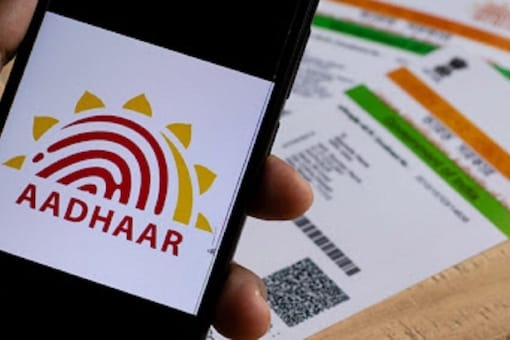New Delhi, Jan 27 (UiTV/IANS) – Adoption of Aadhaar based e-KYC has witnessed continuous progress, and in the October-December quarter (Q3) of FY 2022-23, more than 84.8 crore e-KYC transactions were executed using Aadhaar, a growth of 18.53 per cent over the Q2 (July-September) of the current financial year.
In December alone, 32.49 crore e-KYC transactions were carried out using Aadhaar, over 13 per cent more than the previous month.
The Aadhaar e-KYC service is increasingly playing an important role for banking and non-banking financial services by providing transparent and improved customer experience, and helping in the ease of doing business.
As per the government data, in October, the number of Aadhaar e-KYC transactions was 23.56 crore and in November such transactions went up to 28.75 crore, before jumping further in December, indicating its growing usage and utility in the economy.
By the end of December 2022, the cumulative number of Aadhaar e-KYC transactions so far has gone up-to 1,382.73 crore. An e-KYC transaction is executed only after the explicit consent of the Aadhaar holder, and does away with physical paperwork, and in-person verification requirements for KYC.
Officials said that Aadhaar authentication transactions too are witnessing a growing adoption and usage among residents. In the month of December alone, 208.47 crore Aadhaar authentication transactions were carried out, nearly 6.7 per cent more than the previous month.
Most of these monthly authentications were carried out by using biometric fingerprints, followed by demographic and OTP authentications.
So far, cumulatively, nearly 8,829.66 crore crore Aadhaar authentication transactions have been executed by the end of December 2022. It shows how Aadhaar is playing an increasing role in financial inclusion, welfare deliveries, and to avail several other services.
Whether it is e-KYC for identity verification, Aadhaar-enabled DBT for direct fund transfer, AePS for last mile banking, or authentication, Aadhaar, the digital infrastructure of good governance, has been playing a key role in supporting Prime Minister Narendra Modi’s vision of Digital India, and enabling ease of living for residents.
More than 1,100 government schemes and programmes in the country run by both Centre and states have been notified to use Aadhaar.
The digital ID helps various ministries and departments in the centre and in states in improving efficiency, transparency and delivery of welfare services to the targeted beneficiaries.











